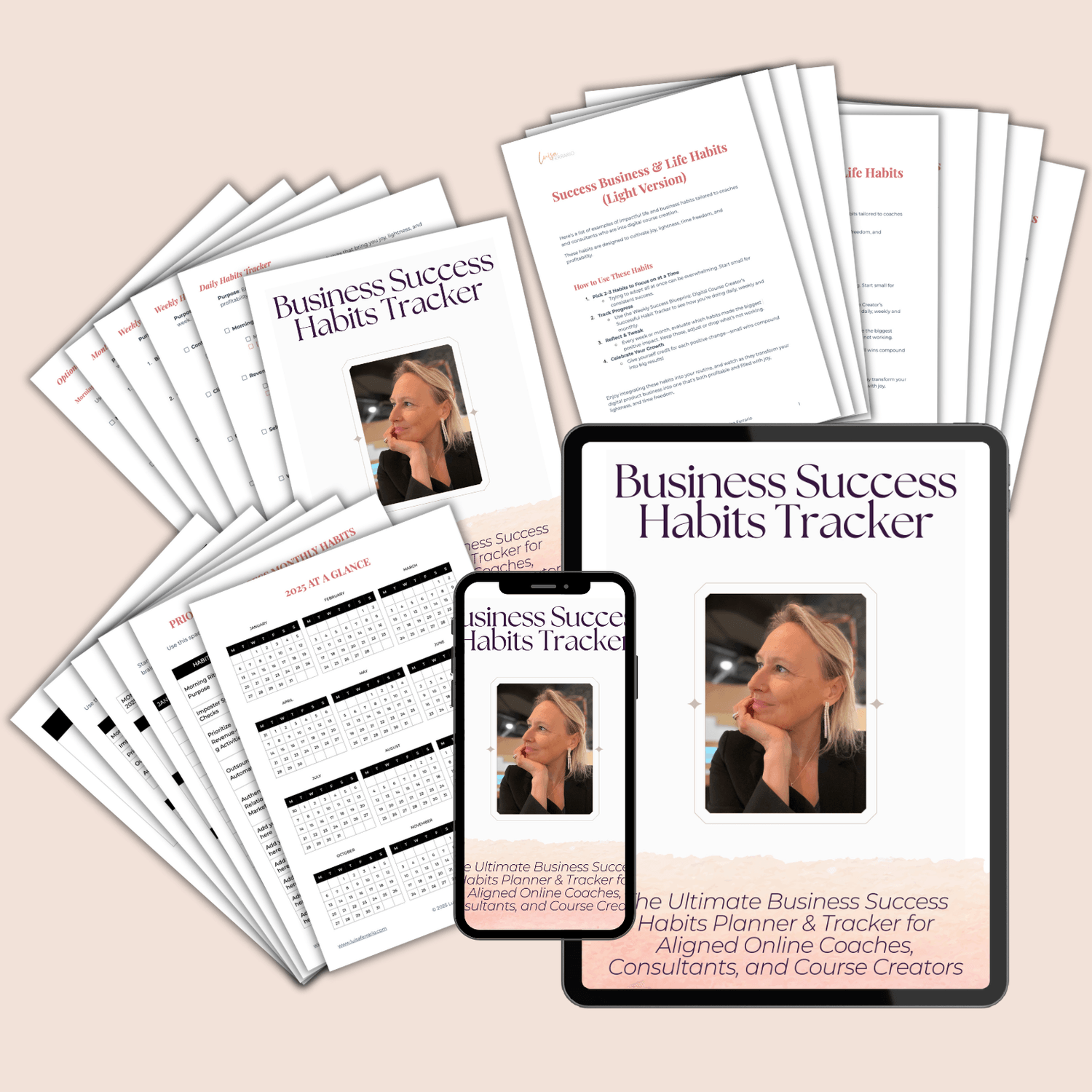I was about 3 years old when I was initially diagnosed with learning disabilities. I was, I mean I’m an extrovert, so naturally I’m very chatty. So I would say things maybe that weren’t exactly right time. In social situations, I would get more emotional. If there was conflict, I was very uncomfortable to the point of tears.
 So, over a three-year process my parents found out that I was diagnosed with ADHD and Asperger’s. And then, as I kind of grew older and, you know, grew as a person and, you know, tried different learning styles and experiences, we found that maybe Asperger’s was not the right diagnosis. So, when I was 18 years old, I was reevaluated, and it came to that I still had ADHD, but instead of Asperger’s I have a nonverbal learning disability. My name is Abby. I’m 21 years old.
So, over a three-year process my parents found out that I was diagnosed with ADHD and Asperger’s. And then, as I kind of grew older and, you know, grew as a person and, you know, tried different learning styles and experiences, we found that maybe Asperger’s was not the right diagnosis. So, when I was 18 years old, I was reevaluated, and it came to that I still had ADHD, but instead of Asperger’s I have a nonverbal learning disability. My name is Abby. I’m 21 years old.
I live in Oshawa, Ontario, Canada, and I have ADHD and NVLD, which stands for nonverbal learning disability.
Nonverbal communication is difficult, timing things and even sometimes recognizing space is difficult.
I used to have a tough time reading body language, and I still do sometimes, but not as bad. Just an overall awkwardness when it came to being in group situations. Special stuff is not as easy for me. I’ve taken my time getting my license, I still don’t have the full one yet. Another thing that NVLD definitely affects with communication is texting. I find it very frustrating because I can’t tell how a person is feeling. I can’t tell their emotions, because it’s just text. A lot of the time I’ll misinterpret it and think that someone’s mad when they’re actually not mad, they’re just texting. In school, I struggled with math. It was hard for me to really understand how numbers worked, and especially a lot of the rules. I also struggled with science. I was pretty aware of the ADHD when I was 6, in class. The fact that I would try to focus in on what my teacher was saying, but then my brain would go somewhere else.
And I would just go on and on, and I would miss almost the entire lesson. When Abby was struggling in school, both elementary school and high school, it was pretty excruciating on a couple of different levels. Seeing her suffer with frustration. She was taking piano and voice lessons, and she would talk through practicing instead of actually practicing. And I just knew that she was developing a complex, I guess for lack of a better word, and feeling limited, feeling like she couldn’t do things if she couldn’t do things perfectly. So, it literally felt like nailing Jello to a wall, it was almost impossible. So, I have a couple of nephews that have been diagnosed with Asperger’s, and when Abby was diagnosed with it, I noticed a distinct difference between them. And so, I didn’t really believe the diagnosis at first. I was 18 when I got reevaluated. I went into the psychologist’s office and he said, “You don’t have Asperger’s,” which I was kind of expecting.
And then he said, “But you do have a nonverbal learning disability.” My first reaction was, “What the heck is that?” It was difficult to see her struggle through the diagnosis. One thing I remember her saying is that I’ve carried this label with me almost my entire life. I don’t know if she had certain expectations of herself, because of the Asperger’s diagnosis or what, but the adjustment was painful for her. I thought I had Asperger’s for 13 years. The whole idea of having your identity wrapped into having learning disabilities is sometimes, it almost stops you from doing things. I can’t do this thing because I have ADHD, or I can’t be in this social situation because I’m not going to read it right.
You know, it’s normal, but that shouldn’t let you wrap your identity in your fears. It freed her up.
 She allowed herself to be encouraged, to find level ground. I started to understand myself more, I started to understand, “OK, so that’s why I do things.” That’s why, when I was little, I was incredibly socially awkward. That’s why I was insecure when I was a teenager. One thing I love about creative communication is it’s not boxed in; it’s more the box is open and there’s colors and shapes coming flying out of ismo ironically, despite having communication learning disabilities, I really feel like communication is a big strength. So now I am in my last year of public relations in school, I’m going to be heading on to a nonprofit placement at the local art gallery, and on top of that I am working for the school under the Student Affairs Department doing marketing communications. I love giving presentations, I love talking with people, I love communicating through being creative.
She allowed herself to be encouraged, to find level ground. I started to understand myself more, I started to understand, “OK, so that’s why I do things.” That’s why, when I was little, I was incredibly socially awkward. That’s why I was insecure when I was a teenager. One thing I love about creative communication is it’s not boxed in; it’s more the box is open and there’s colors and shapes coming flying out of ismo ironically, despite having communication learning disabilities, I really feel like communication is a big strength. So now I am in my last year of public relations in school, I’m going to be heading on to a nonprofit placement at the local art gallery, and on top of that I am working for the school under the Student Affairs Department doing marketing communications. I love giving presentations, I love talking with people, I love communicating through being creative.
As I’ve gone through life and have gained skills, writing has become an absolute love of mine. I wish the one thing that people knew about NVLD is that we don’t really mean to not understand what you’re saying. We don’t mean to misread communication. We don’t mean to, you know, stand really close to you. It’s just, it’s how we were made and how we’re wired. She knows who she is, she knows what she likes. She’s forging her own path in life, where she’s learning to figure out what it is she’s going to do, where she’s going to go, and what she likes to do. And it’s really cooled to be sitting on the front lines and watching her grow.
https://eztraffic.club/go2/15200
Discover more from Abundance Flourishes in an Atmosphere of Integrity
Subscribe to get the latest posts sent to your email.




 Before we dive into the nuts and bolts of
Before we dive into the nuts and bolts of 



